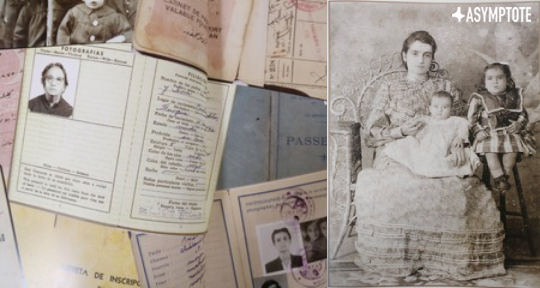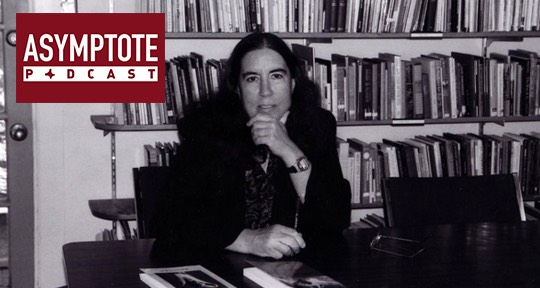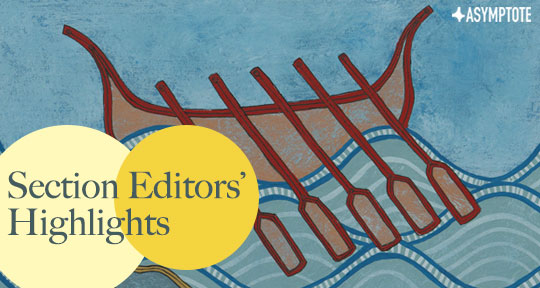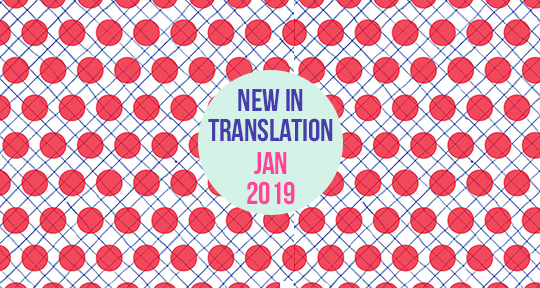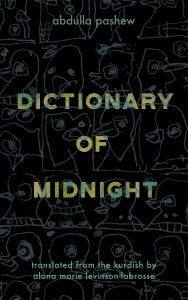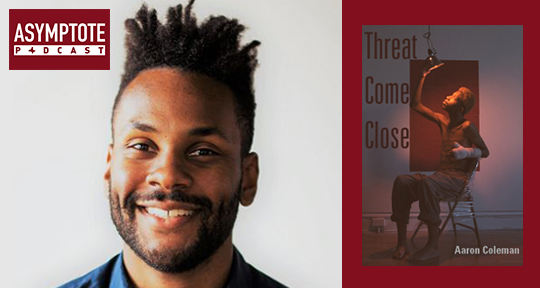This week, dispatches from Spain and Central America witness the rise of Spanish-language writers and events that support and promote the literatures of up-and-comers alongside established stars of the field. To celebrate the community of world literature is a necessary joy, and our editors are here with the revelry.
Layla Benitez-James, Podcast Editor, reporting from Spain
It was time for big celebrations in a tiny, trilingual bookshop located in the centre of Madrid on the night of May 10. Francesca Reece had been named winner of the second ever Desperate Literature Short Fiction Prize, and ten other writers were being honoured alongside her in the publication of Eleven Stories 2019, the shortlist for the competition which follows after the sold out original Eleven Stories from their inaugural 2018 contest.
The event celebrated the launch of the mini collection with readings from ten of the eleven shortlisted authors. The project is an international prize based out of the bookshop Desperate Literature in Madrid, but with partners in London, Paris, and New York, it has drastically evolved over just its first year. After feedback from the inaugural winner and shortlist, the founders decided to add a one week stay as the artist-in-residence at the Civitella Ranieri in Italy, and a consultation with a New York literary agent who works for Foundry Literary + Media. With the aim of giving as much support to emerging and non-traditional writers as possible, they sought to develop additional assistance alongside a cash prize and are looking to continue this line of development for next year’s iteration. This year they partnered with five literary journals: 3:AM, Structo Magazine, Helter Skelter, The London Magazine, and The Second Shelf (women only), who will publish stories from the shortlist throughout the year. They also added a collaboration with the Casa Ana in Andalucia, who selected Jay G Ying from the shortlist for another residency.


